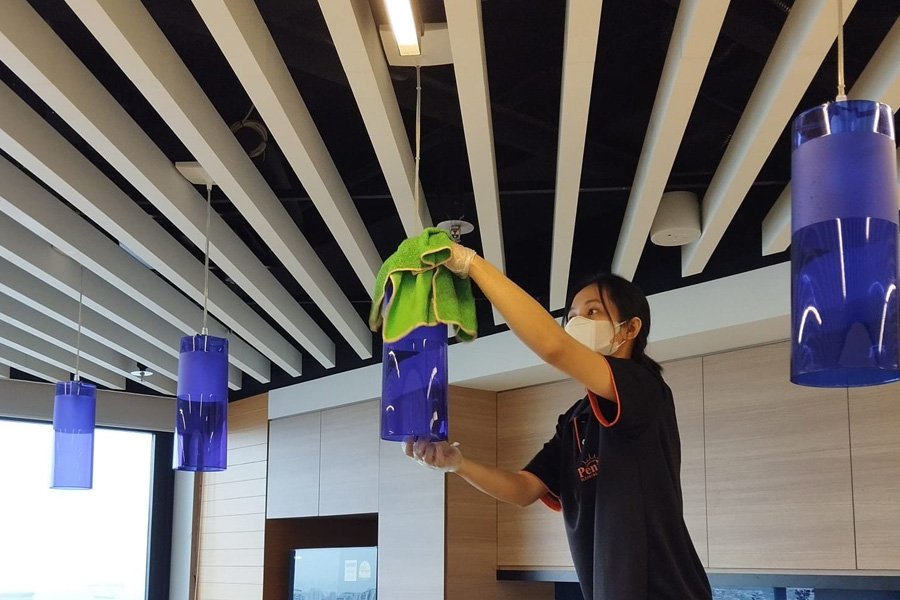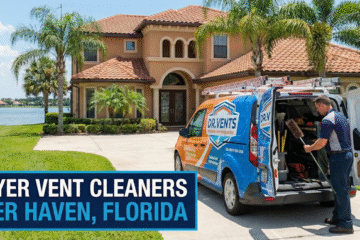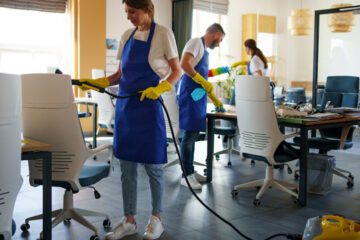Small Office Cleaning: Why Compact Spaces Need Big Attention

Image Source: www.penielcleaning.com.sg
The necessity for small office cleaning services reveals itself not in grand gestures but in the accumulated minutiae of daily operations, where a single unwashed surface or neglected corner can cascade into consequences that affect everything from employee health to client perception. As someone who has spent years studying how small interventions create profound systemic effects, I recognise that the compact office represents a particularly concentrated ecosystem where maintenance protocols carry outsized importance.
The Density Paradox
Small offices present a fascinating paradox. Their reduced square footage might suggest simpler maintenance requirements, yet the opposite proves true. With fewer than 1,000 square feet, these spaces concentrate human activity, microbial populations, and environmental stressors into intimate proximity. Every breath expelled, every surface touched, every particle shed from clothing or carried in from outside contributes to a microbial density that exceeds what occurs in larger, more dispersed environments.
Industry data reveals that small office cleaning services in Singapore typically pay between $350 and $550 monthly for daily cleaning services. This investment reflects not the ease of cleaning compact spaces but rather the intensity required to maintain them. The mathematics of microbial growth operate independently of room size. A desktop in a small office harbours the same bacterial populations as one in a multinational corporation’s headquarters, perhaps more given the proximity of colleagues and shared resources.
The Regulatory Recognition
Singapore’s National Environment Agency established licensing requirements that apply regardless of office size. According to regulatory frameworks, “businesses involved in office and commercial cleaning are mandated to obtain a cleaning business licence” to operate legally. This requirement reflects an understanding that cleanliness standards derive from public health principles, not square footage calculations.
The cleaning industry operates under three distinct sub-sectors, with office and commercial cleaning representing a category where small spaces receive the same regulatory scrutiny as large corporate environments. This equalising approach recognises a medical truth: pathogens do not discriminate based on office size.
The Concentrated Risk
Consider the transmission dynamics within a small office. Research on infectious disease spread demonstrates that proximity and shared air volume create ideal conditions for pathogen transmission. When five people share 800 square feet, they inhabit what epidemiologists term a “high-contact environment.” Each surface becomes a potential fomite, each breath a vehicle for viral particles.
Professional cleaning services for smaller offices address these concentrated risks through systematic protocols:
- Daily sanitisation of high-touch surfaces including door handles, light switches, and shared equipment using NEA-approved disinfectants that denature viral proteins at the molecular level
- Regular disinfection of communal areas such as pantries and washrooms where microbial loads accumulate rapidly in confined spaces
- Thorough floor cleaning that removes tracked-in particulates before they become airborne through foot traffic
- Window and glass surface maintenance that improves natural light penetration, which itself possesses antimicrobial properties through UV exposure
The Economic Calculation
A 2023 NEA survey revealed that offices maintaining routine cleaning protocols experienced 28 percent fewer medical certificates submitted by employees. This statistic translates directly into preserved productivity. In a small office where each person’s contribution proves essential, the loss of even a single employee to illness disrupts operations disproportionately.
The Singapore Facility Management Benchmark 2024 confirmed that organisations maintaining regular cleaning contracts achieve cost savings of 15 to 25 percent annually compared to sporadic arrangements. For small businesses operating on constrained budgets, this differential matters profoundly. The monthly investment in cleaning services prevents the more substantial costs associated with deep remediation, equipment replacement, or protracted employee absences.
The Psychological Dimension
Small office environments create what psychologists call “heightened environmental awareness.” Occupants notice details that might escape attention in larger spaces. A stained carpet tile, dusty shelving, or malodorous bin registers immediately and affects morale disproportionately. The intimate scale means nowhere to hide imperfections.
Professional small office cleaning services understand this psychological reality. They recognise that in compact environments, cleanliness becomes part of the ambient atmosphere that either supports or undermines work. The difference between a well-maintained small office and a neglected one affects not merely hygiene but the fundamental experience of coming to work each day.
The Tropical Challenge
Singapore’s climate compounds these challenges. The heat and humidity create what microbiologists term “optimal growth conditions” for bacterial and fungal proliferation. Small offices with limited ventilation or older air conditioning systems face particular risks. Mould establishes itself in corners, condensation accumulates on surfaces, and the air itself feels heavy with moisture.
Cleaning services operating in Singapore must comply with Workplace Safety and Health regulations alongside Environmental Public Health requirements. These frameworks mandate specific protocols for managing the tropical conditions that characterise the region’s built environments, ensuring that small offices receive attention calibrated to actual environmental risks rather than space dimensions alone.
The Professional Standard
The Progressive Wage Model introduced requirements that cleaning personnel receive proper training and fair compensation. This initiative ensures that those maintaining small offices possess genuine expertise rather than merely offering low-cost labour. Training through the NEA Environment Cleaning Workskill Qualification framework equips cleaners with knowledge about infection control, chemical safety, and evidence-based cleaning practices.
This professionalisation matters particularly for small businesses that lack in-house facilities management expertise. They depend upon contracted cleaners to understand which protocols their specific environment requires, making the skill level of cleaning personnel a critical variable in maintaining workplace health.
The Invisible Infrastructure
The true value of small office cleaning services manifests not in visible sparkle but in invisible protection, in the pathogens not transmitted, the allergens not inhaled, the professional impression not compromised by neglect, creating an environment where the business of business can proceed unimpeded by the biological realities that otherwise accumulate silently in every human-occupied space.
Leave a reply
You must be logged in to post a comment.












